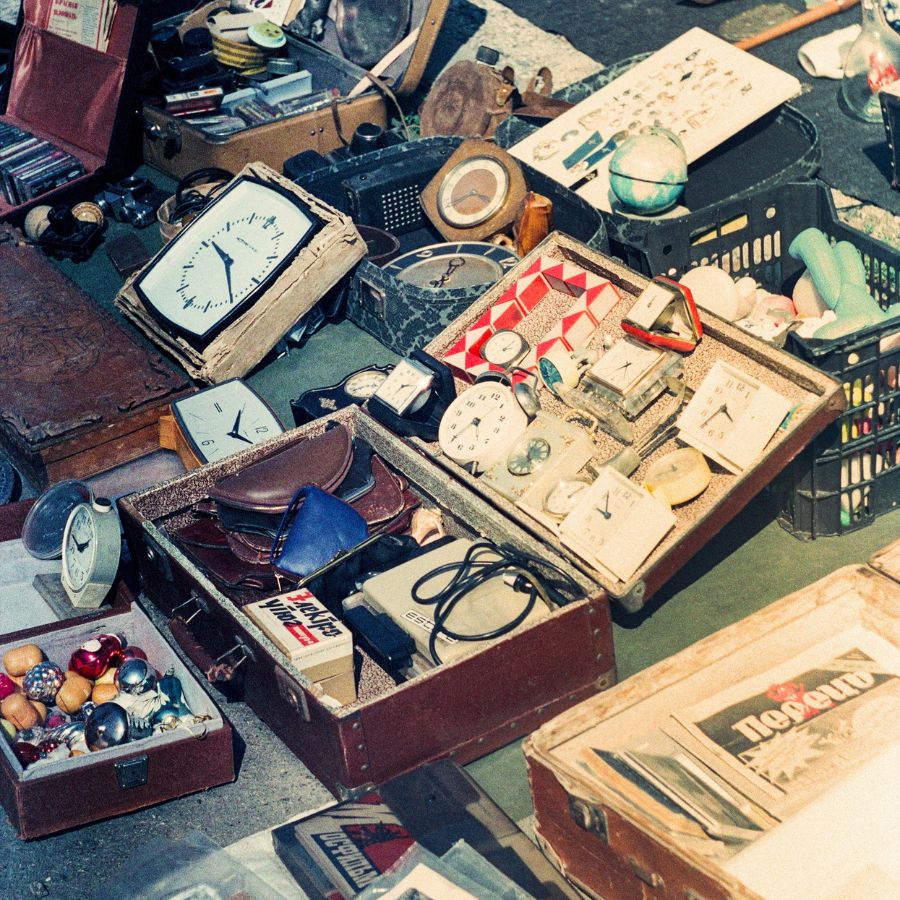A while ago, on the west coast of the USA, a department store was about to close down. Bold letters at the entrance declared: “EVERYTHING MUST GO!” I followed an elderly couple as they entered. The wife, captivated, rushed to a table piled with wrenches, screwdrivers, pliers, and rubber gloves. In a trance-like voice, she pointed to the sign above: “Look, it’s 70% off.” Her husband, keeping a straight face, asked, “Do we need it?” Silence followed. She returned to his side, wrapped her arm around him, and they moved on.
Legend has it that Socrates once strolled through an Athenian market and remarked, “What a lot of things I do not need.” Today, many people seek happiness in shopping malls and countless online stores. With just a click, we can own anything we desire. But does feeding this urge bring us peace? Does owning more make us spiritually fulfilled?
Former US President Jimmy Carter, in the late 1970s, recognized that America’s issues extended beyond an energy crisis. “People treasure self-indulgence and consumption,” he said, creating a culture where identity is shaped not by what one does, but by what one owns. He concluded that accumulating material goods does not satisfy our deeper longing for meaning.
The Vedas echo this sentiment, warning that hoarding possessions in the hope of enjoying them can hinder spiritual development. The wise approach is to meet our material needs responsibly while dedicating the rest of our resources to spiritual pursuits.

